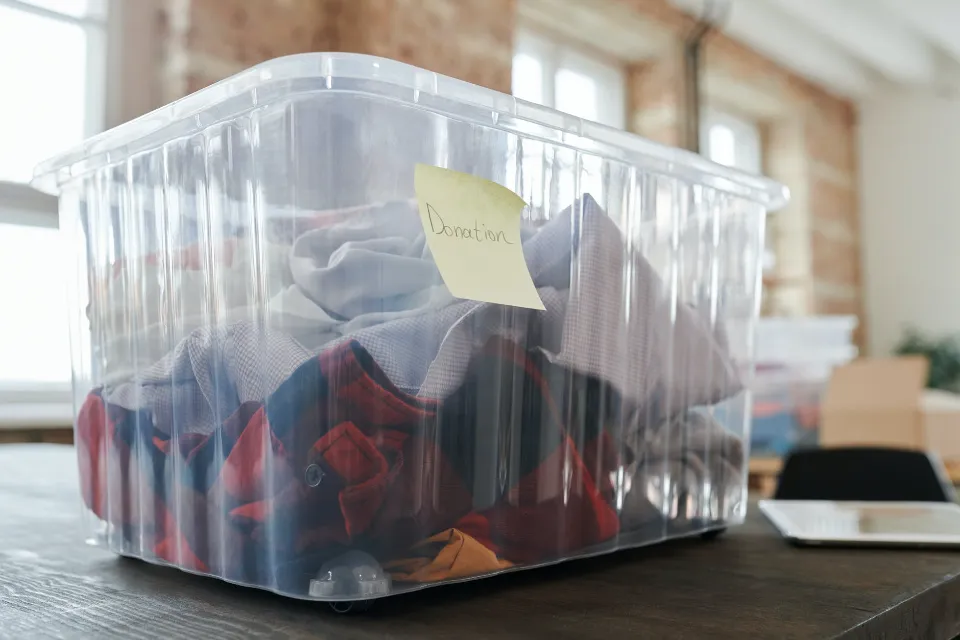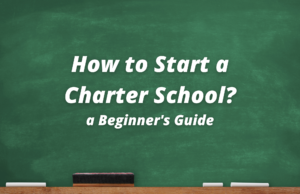
Are Donations to Public Schools Tax Deductible?
You should ascertain whether your contributions to public schools are tax deductible before making them.
Many people and organizations decide to donate to public schools in order to support a variety of initiatives, educational requirements, and supplies. Whether these donations are tax deductible is one query that frequently comes up.
When you give supplies, computers, books, money, or even your car to public schools, you may be eligible for tax benefits. Because the recipients are nonprofit educational organizations that are recognized as 501(c)(3) organizations, the Internal Revenue Service views these gifts as charitable contributions.
Let’s find out more.
Are Donations to Public Schools Tax Deductible?
The answer is that it depends on a few factors. In general, donations to public schools are tax-deductible if the school is recognized as a tax-exempt organization by the Internal Revenue Service (IRS). Most public schools fall under this category, but it’s important to check with the school or district to confirm their tax-exempt status.
If the school is not tax-exempt, donations may still be tax-deductible if they are made through a qualified charitable organization, such as a nonprofit foundation that supports public education. Donations made directly to the school or district may not be tax-deductible in this case.
It’s also worth noting that there are limits to the number of donations that can be deducted from taxes. In general, individuals can deduct up to 60% of their adjusted gross income for charitable donations, while corporations can deduct up to 10% of their taxable income. However, there may be additional limitations depending on the type of donation and the specific tax situation.

To claim a tax deduction for donations to public schools, individuals and organizations will need to keep accurate records of their contributions. This includes documentation such as receipts, canceled checks, and acknowledgment letters from the school or charitable organization. It’s important to retain these records in case of an audit by the IRS.
Voluntary and Free Payments
You are only eligible for the discount if your payment was made voluntarily and without expecting anything in return. It doesn’t count if it’s something necessary for a class or activity, like band or gym uniforms or instrument rentals. Additionally, school costs for laptops or textbooks are not included.
Additionally, unless your payment exceeds the value of the item, you cannot deduct the cost of raffle tickets or other items the school sells as part of fundraisers. For instance, you can claim a $30 charitable contribution if you send in $50 for a bookbag that is valued at $20.
Books, Instruments, and Supplies
When donating items to a school, you can deduct their fair market value. The value of a book typically depends on its edition, condition, and cost of similar books. The IRS advises that you seek assistance from an appraiser or dealer who specializes in the genre of book or collection that you donate.
If you need help valuing musical instruments or books, ask dealers or store owners for assistance. Use the store receipts to track the paper, pencils, and other supplies you buy for the classroom or school. For used clothing, the IRS advises using thrift store value.
Drivers’ Education
You can find out the fair market value of a car you donate to the driver education program by consulting used car blue book websites. Usually, the deduction will be determined by the vehicle’s condition. According to the IRS, if a guide lists $750 as the price for a private party sale of a car in poor condition, for instance, your deduction is $750.

Scholarships
Donations to a scholarship fund that meets the criteria for charitable status are eligible for tax breaks. To confirm the fund is tax-exempt, use the IRS Exempt Organizations Select tool. The fund cannot set aside money for a particular individual in order to qualify as charitable.
Instead, it needs to have a sizable class of qualified applicants. For instance, the scholarship may designate eligible recipients based on merit, need, class rank, academic standing, or musical interests.
Volunteering
You cannot receive tax relief just by volunteering. If you volunteer at an event as a chaperone for a school field trip or a band competition, you can deduct the mileage from your home to the volunteer event.
The IRS allows you to deduct either the actual cost of filling up your car for the event or 14 cents per mile. If your volunteer work necessitates an overnight stay, meals and lodging expenses are also covered.
Deduction Limits
On line 38 of Form 1040, the IRS typically only allows you to deduct up to 50% of your total adjusted gross income for donations to educational institutions. Breaks for contributions to scholarship funds designated as private foundations may be capped at 30% of adjusted gross income.
What Can I Donate to a Public School?
All types of new and used personal property, including furniture, musical instruments, computers, sporting goods, and classroom supplies, are accepted by public schools. Additionally, real estate and monetary donations are accepted by schools.

A bequest in a donor’s will or during the donor’s lifetime is both acceptable ways to make a donation under Ohio law.
Where Should I Direct the Donation?
The school board in charge of the public school district of your choice should receive your donation, preferably in writing. The school district’s school boards have the option of accepting or rejecting your gift.
You may find it more convenient to speak with the district’s treasurer or superintendent, who can inform the board at the following meeting, as school boards rarely meet more than once or twice a month.
You may also consider making donations to reputable “booster” programs that support particular programs within a particular school or school district. Booster programs are independent organizations that raise money and frequently give donations to the school board on behalf of their patrons.
You can get more information about making a donation to support public schools in general by getting in touch with the educational service center (ESC) in your county or multi-county consortium.
Can I Ask the School Board to Use My Donation in a Specific Way?
A school board is permitted to accept gifts with conditions and to enact board action to carry out the conditions of acceptance. A school board, however, is not permitted to accept a gift if the terms would make it impossible for it to retain control over any part of the public schools.
For instance, a board would be permitted to accept a financial gift under the condition that it aids in funding a specific program, such as band or sports, so long as the conditions do not also call for the board to hire, fire, promote, retain, or suspend any specific position or individual within the program.
Concerns regarding the district’s personnel must remain under board control.

Can I Make a Donation Directly to An Individual Coach, Teacher, Or Administrator?
Probably not. Ohio’s “supplemental compensation statute” prohibits school district officials and employees, including coaches, teachers, and administrators from accepting any gift in exchange for the performance of his or her official duties.
A different statute forbids school district representatives from accepting gifts of significant value from parties interested in matters before the school or attempting to do business with the school. This rule also applies to employees who perform administrative or supervisory duties.
Parties who have an interest in issues before the school include students and parents. All administrators, coaches, and teachers serving in administrative or supervisory capacities, such as athletic department heads or athletic directors, are subject to this prohibition.
Officials and staff members of the school district may accept minimal promotional items, such as the occasional pen or t-shirt, or gifts with little or no monetary value, like a book that a student might give a teacher for the holidays. However, Ohio law prohibits public school employees from accepting the majority of gifts with any real financial value.
Conclusion: Donations to Public Schools
Donations to public schools can be tax-deductible if the school is recognized as tax-exempt by the IRS or if the donation is made through a qualified charitable organization. Individuals and organizations should check with the school or organization and keep accurate records to ensure they can claim the deduction on their taxes.
By making tax-deductible donations, individuals and organizations can help support public schools and contribute to the education of future generations.
FAQs
Can I Donate My Time to Public Schools?
Yes, volunteers are used by schools in a variety of capacities, such as tutors, coaches, bus rider helpers, chaperones, and speakers. It’s possible that volunteers will have their fingerprints taken and their criminal histories checked, particularly if their volunteer work frequently involves giving children unsupervised access.
Can You Donate to Your Local School?
Public schools may accept all types of new and used personal property, including classroom supplies, computers, musical instruments, sports equipment, and furniture. Real estate and monetary donations are both acceptable by schools.
What is Tax Exemption under Section 88?
Section 88 of the Inland Revenue Ordinance (Cap 112) (the IRO) provides that a charity is exempt from profits tax subject to certain conditions to be fulfilled in relation to the trade or business carried on by the charity concerned.


